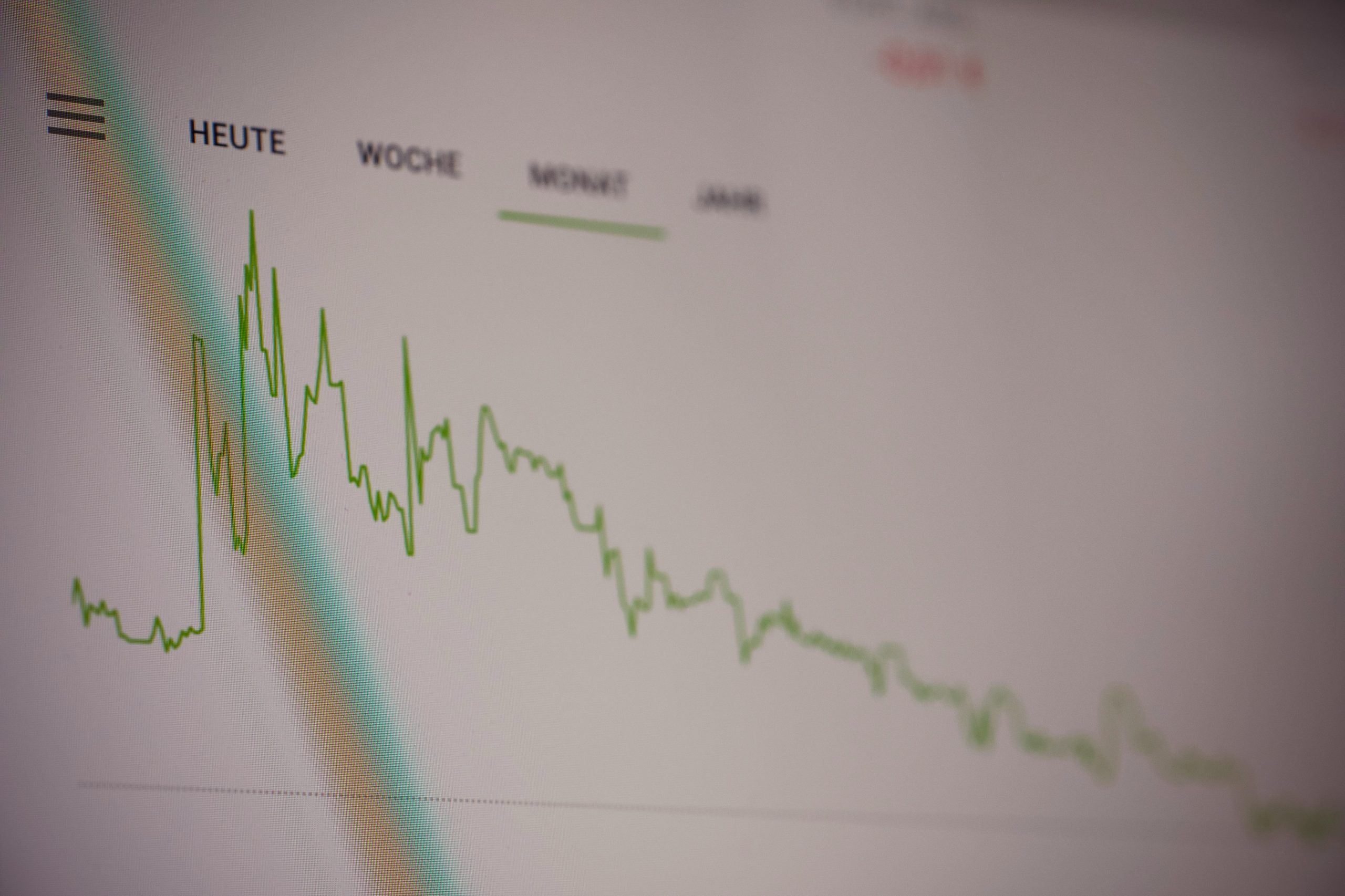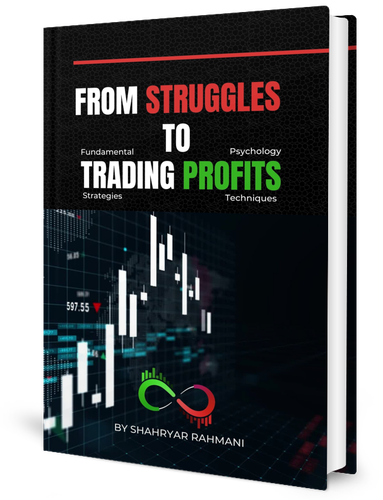If you are looking for a list of fully covered day trading questions, then this blog is for you. In this post we are going to take a look at most asked questions about day trading and how you can start if you are a beginner.
Remember, in this guide we will not explore what day trading is and how it works, if you are interested in these topics you can take a look at: Ultimate Beginner’s Guide to Day Trading?
Table of Contents
How Much Money do Day Traders Make?
One of the first day trading questions that we get often, is how much money a day trader makes. And the short answer is, it is dependable to the experience of the trader.Now let’s explore the long answer and what you might want to expect according to your experience in day trading.
The documented national average income says that employed day traders earn around $94,266 annually. But overall, the average day trader’s salary is reported to be approximately $116,895 yearly.
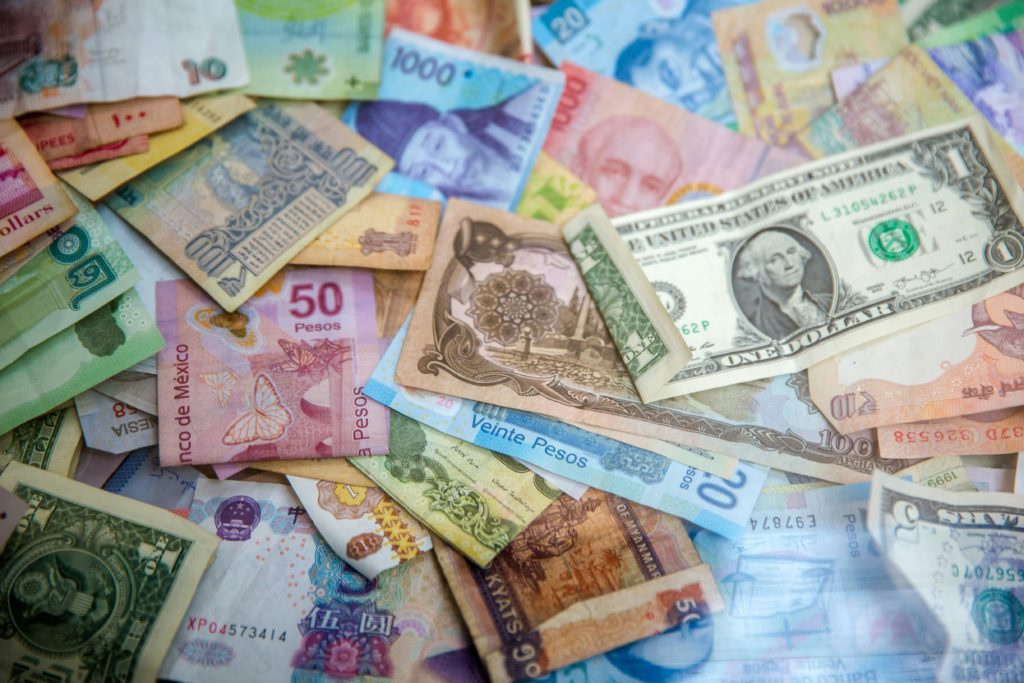
What is the Success Rate of Day Traders?
At Meta Trading Club, the second day trading question that we get a lot is about the success rate of day traders. Well, numerous studies have delved into this topic and one stands out. One study, done by University of California professors in 2004, discovered that there are at least 3.7 billion trades,but only 3% of day traders turned a profit over time. But we have to remember that this study practically worths nothing as it is focused on trades from the Taiwan Stock Exchange during 1992-2006, raising questions about its applicability to today’s US market.
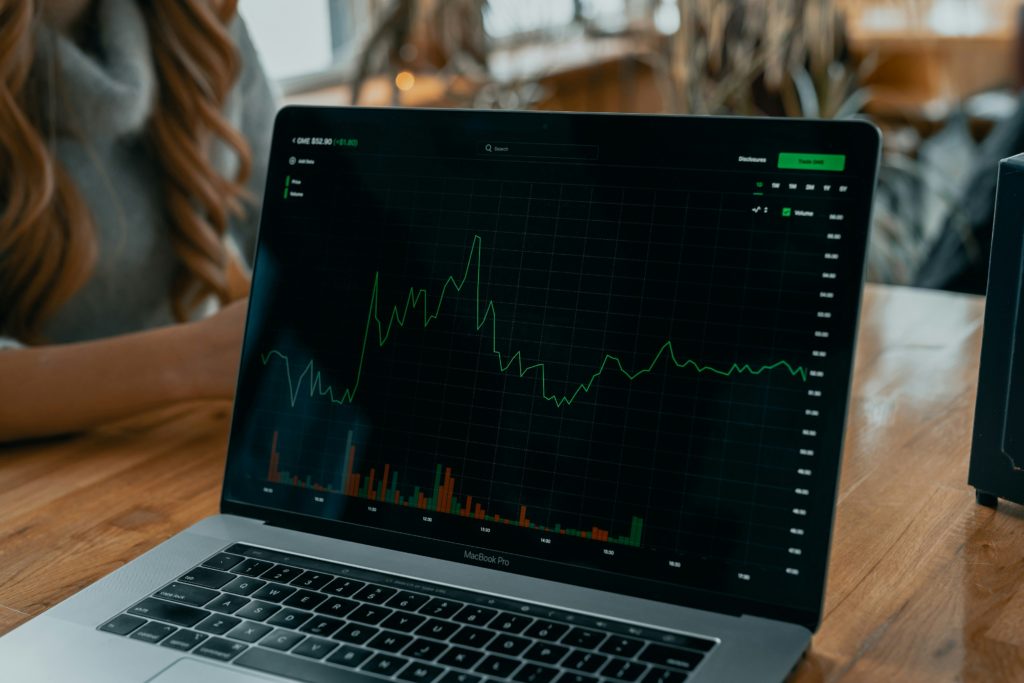
Similar to this study, an examination of traders in the Brazilian futures market from 2013-2015 revealed stark figures: 97% suffered losses, with a mere 1.1% surpassing the Brazilian minimum wage.
The true success rate of day traders remains unknown to traders, but known perhaps only to brokers. We only can guess and analyze, so the commonly known estimate suggests less than 10% consistently turn a profit.
What are The Most Popular Markets for Day Trading?
Let’s talk about some of the most popular markets that are available for day trading.
Penny Stocks Market
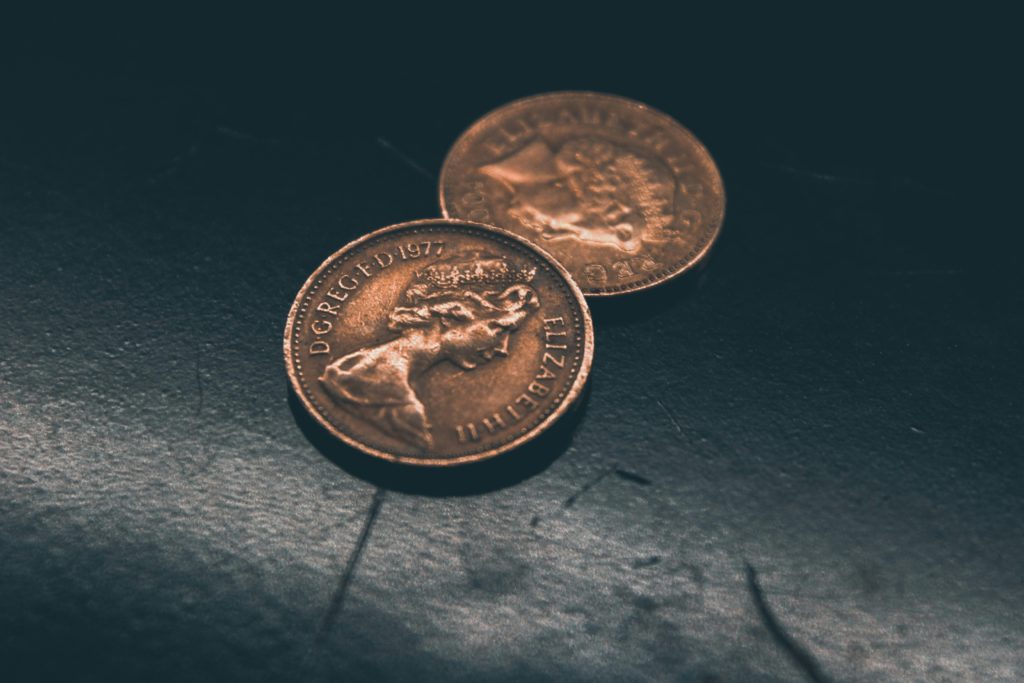
Trading in the Penny Stock Market, particularly on OTC Markets, involves stocks priced as low as .0001 (yes, that’s 1/100th of a penny) up to $1.00.But, Pink sheet penny stocks pose a distinct risk due to the absence of mandatory financial disclosures. I personally saw some of my trader friends lose $15,000 on a particularly unfavorable penny stock trade, and decided to stay clear from these penny markets for quite a while. Have In mind that Penny stocks is a very risky market, and can not be handled by regular traders, so make sure you are the right person for it before choosing it.
Futures Trading
Many traders are drawn to futures trading because of its high leverage. Yet, trading on 10x or 20x leverage brings the potential for losses that could surpass your account’s total value. These kinds of scenarios may lead to a margin call, resulting in a debt owed to your broker.Having big leverage is risky and you need to know what you are doing so make sure you educate yourself beforehand.
Forex (Foreign Exchange) Market
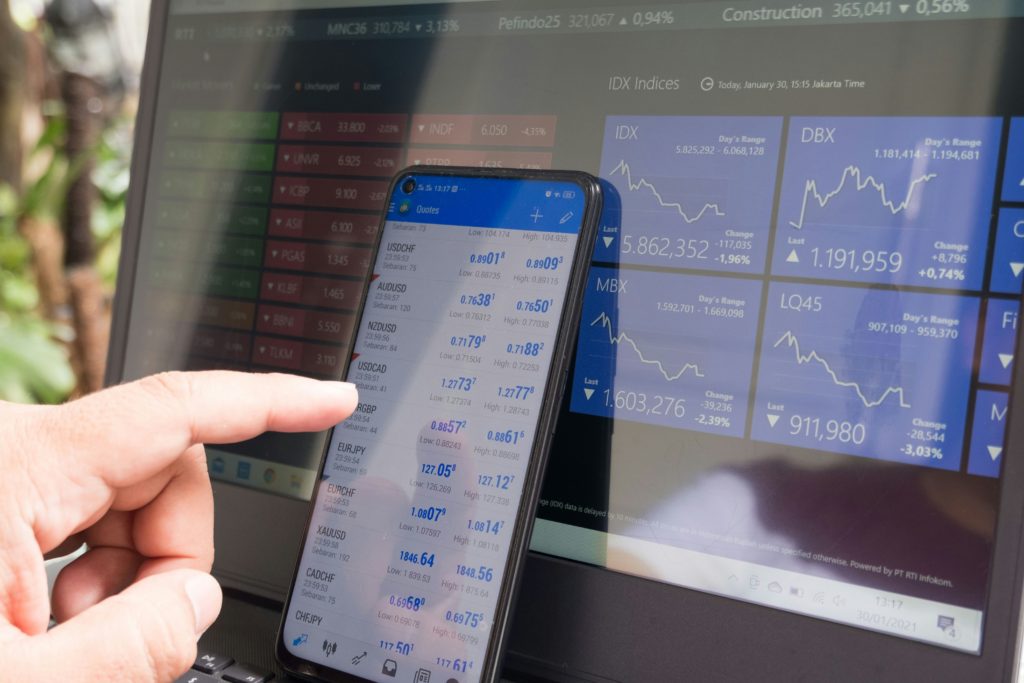
Forex is also similar to futures trading by having high leverage. Most Forex day traders trade currencies, buying and selling different currency pairs with the goal of profiting from fluctuations in exchange rates.
Crypto Market
Crypto market is another popular day trading market that you can work with. Crypto trading has shown to be as risky as pink sheet penny stocks. It is not suggested to choose this market if you’re looking to be a consistently profitable day trader.
Options Market
Options market is also very popular among day traders.The options market is a financial market where investors can buy and sell options contracts. Options are derivatives, which means their value is derived from an underlying asset such as stocks, indices, commodities, or currencies.
What Skills Required to be a Day Trader?
After some popular market’s it’s time to talk about the set of skills that you need to be a successful day trader.
Be a fast learner
If you want to become a great day trader in at least the next 10 years, it is essential to be a fast learner and motivated by heart. You need to start practicing by using online trading simulators. Many individuals lose their trading motivation when they let go of the discipline they once had. That’s why it’s advisable that if you struggle with holding yourself accountable, you should explore online courses and programs. If you are not sure where to start, you can have a FREE DISCOVERY CALL with Meta Trading Club, and get free advice on how to start your journey based on your goals from us.
Patience and a Strong Mindset

Patience and a Strong Mindset are the most required skills that you need to have. There will be some trading days that are not going too well for you and the worst thing that you can do is to force it and lose a fortune on being impatient. Start working on your patience and build a strong mindset before entering stock trading.
Quick Decision Maker and Risk Management
Most successful traders have decision making skills like F1 drivers, fast and quick even under pressure or bad situations. Traders need to have a laser-like focus on the charts, so if the opportunity came up, they could place their orders and profit from it. Even in risky situations that seem too bad, great traders tend to stay calm and manage the situation with their knowledge before it gets more out of hand.
Take Risks

You need to start to be comfortable with risk taking if you want to build a strong record in the future. With risks, you can experience all sorts of situations and build experience on them over time. Trading is not gambling, because you are going through trading sessions based on your technical knowledge and decision making skills, so you are not just bidding on a wimp.
There are many other sets of skills that are required for a great trader such as Mastering Technical Analysis, Tech Skills and on, but the ones that we mentioned, can be the foundation that you can build on to become a professional.
How Much Money Do You Need for Day Trading?
To understand how much money you will need, it is essential to understand some of the regulatory restrictions associated with different account types. You’ll also want to figure out what your personal trading goals are and where you see yourself in the future.
But overall it is suggested to start your trading journey with 10x whatever your daily goal is. Having more money in your trading account will give you a bigger room to wiggle in. Just remember that if you have an account with less than $1,000, expect slower growth.
What are the Minimum Account Balances according to Account Types?
Let’s talk about the minimum amount you need to have in each account type.
- Cash Account: No minimum balance
So there is this account called Cash Account, It’s pretty straightforward – you trade using only the cash you have in there. No fancy leverage to boost your trades. But there is some downside to it, for example after you make a trade, you have to wait for it to settle before you can dive back into the market. Also, there is no leverage here, so it’s all about playing it safe and steady.
- Margin Accounts: A $25,000 minimum balance for U.S. residents
A margin account is like an upgraded form of a cash account. By having a margin account, you can trade as much as you’d like, you can short stocks, and if you are in the United States by having a non-retirement margin account, you can have 4x leverage. That means with a $25,000 account you have $100,000 in buying power. But there are some subject to limitations on margin accounts for U.S residents. Such as restrictions on naked options selling, pattern day trading rules requiring a minimum equity balance of $25,000, and varying margin requirements for different options strategies.
What does trading with leverage mean?
So, trading with leverage is like borrowing money from your broker to increase the size of your traders. Let’s break it down a little bit:
Imagine that you have $100 in your trading account, and you want to buy shares of a stock worth $500. If you are a regular trader, you’d only be able to buy $100 worth of that stock (because that is the amount of money that you have.). But with leverage, your broker might let you borrow extra money, say, $400, so you can buy the full $500 worth of stock.

Here’s the catch: while leverage can amplify your gains if the trade goes your way, it can also magnify your losses if it doesn’t. So, it’s like having a superpower and it can be very helpful if it is used wisely, but there are always some risks so make sure to educate yourself on leverage before using it.
What are prop firms in day trading?
Prop firms, also known as proprietary trading firms, are like trading academies where traders are provided with capital to trade with. So simply said, instead of using your own money to trade, you get access to the firm’s funds and investments. In return, the firm takes a cut of your profits.
You can think of it as joining a team where you get to trade with the professionals’ money. These firms often provide traders with training, tools, and support to help them succeed. So, It’s a win-win situation – you get to trade with more capital than you might have on your own, and the firm shares in your success.
Why is a stock scanner Important?
As one of the last day’s trading questions, let’s talk about stock scanners. A stock scanner is like a big radar for traders, helping them find the best trading opportunities in the vast sea of stocks.

Here are some of the reasons why it is essential to have one:
1. Saves a lots of Time:
As the markets grow, the amount of stocks that you can invest in grows. So with this amount of stocks, you can imagine how much time can be wasted if you try to find these stocks manually. A stock scanner automates this process, quickly identifying stocks that meet your specific criteria.
2. Identifies Opportunities:
It doesn’t matter if you’re looking for stocks with high volatility, unusual volume, or specific price patterns; a stock scanner can pinpoint them out for you. This helps traders focus on stocks that have the most potential for profit.
3. Minimizes Guessing:
Instead of relying on hunches or guessworks while stock trading you can use a scanner. A stock scanner provides objective data-driven insights. This reduces emotional decision making and helps traders make more informed decisions.
4. Improves Efficiency:
At the very end, a stock scanner improves efficiency of traders over time. A stock scanner allows traders to spend more time analyzing and trading, rather than searching for opportunities. This can lead to more productive and profitable trading sessions.
Is day trading Illegal?
Well, Day trading itself is not illegal, but there are some regulations and rules that govern it. In many countries, including the United States, day trading is legal as long as traders adhere to certain guidelines that are provided by the trading standards.
For example, in the U.S, Day traders are subject to the Pattern Day Trader (PDT) rule, which simply means to maintain a minimum account balance of $25,000 in a margin account if they execute four or more day trades within five business days. Additionally, day traders must comply with securities laws and regulations enforced by regulatory bodies like the Securities and Exchange Commission (SEC) and the Financial Industry Regulatory Authority (FINRA).
So, overall yes day trading is legal and you can cross uf of your long list of day trading questions.
Last Words
In this post, we took a look at some of the most asked day trading questions, and gave some insight on how you can be a better day trader as time passes.
Remember that any journey can have its bumps and lows, so don’t get cold hatred if you are determined to achieve your goals of becoming a great day trader.
Frequently asked question
To develop a great trading strategy, you need to start researching different trading techniques,analyzing market data, and testing strategies in a simulated trading environment. If you are a beginner trader, you should start with simple strategies and gradually replan their approach based on their experience and market conditions.
Some of the best markets for day trading are such as: stocks,options, forex (foreign exchange), futures, and cryptocurrencies. Each of the markets has its unique characteristics and requires different strategies and knowledge.
Well, some of the pros of day trading include the potential for high returns, flexibility, and independence. However, the cons of day trading are the risks involved in it, high stress levels, emotional challenges, and regulatory constraints. Like any high performance careers, day trading has its own challenges but it’s all trainable if one puts in the work for some time.
Day trading is the action of buying and selling securities within the same day, but in a long-term investment you are holding assets for an extended period, typically years, with the expectation of capital appreciation.
There are no specific qualifications or background required to start day trading. But, having a solid understanding of financial markets, basic math skills, and the ability to analyze data can help you to become a better trader overall.
One of the most common mistakes beginners make is being impatient and expecting immediate profits as soon as their trading sessions show any signs of gain. That’s why it’s recommended to focus on developing patience gradually.
In general, day traders are subject to taxes on their trading profits even though these laws vary in each country. In the United States, day traders are typically taxed at ordinary income tax rates on their net trading profits.
Yes, day trading can be challenging due to the need for continuous learning, emotional discipline, and risk management.

